A sports dietician would probably say that nutrition for athletes would seek the same ultimate goal as general nutrition – insofar as that ultimate goal being, of course, good overall health. However, within the confines of good overall health an athlete is able to train hard. Hard training athletes expose themselves to nutritional needs that non-athletes don't usually face. So, in constructing an athlete's meal plan, not only must the tenets of good health be followed, but
an athlete's diet should also consist of specific nutrient densities that satisfy the unique requirements generated by the sports they pursue.
So, to answer the question, do sports nutrition and general nutrition have the same goals? The answer is both yes and no.
Nutrition for non-athletes is traditionally fairly basic. It pretty much boils down to maintaining acceptable body composition through a calculation of the traditional “calories in” vs “calories out” formula to satisfy base metabolic rate, (with any additional activity factored in), and dispersing those calories over a balance of macro nutrients from clean, fresh, wholesome food sources. Throw in a daily multi-vitamin/ mineral complex and some fish oil and that's good for 90% of the population. In fact, if 90% of the general population followed such a simple, non-athlete meal plan, our national health would soar!
A balanced diet of healthy foods and maintaining favorable body composition is by far the best, most effective and proven path to good health.
At this point, nutrition for athletes takes the divergent path. Depending on a variety of factors that include: the type of exercises being performed, number of training sessions per week, physical requirements of the chosen sport’s weight requirements. Is the athlete training for strength, power, speed, endurance, a combination? Are they male, female, old, young? All of these things and more must be factored in when a sports dietician calculates an athlete's diet.
One of the biggest differences you'll notice is that an athlete's meal plan will undoubtedly include a greater amount of protein. Protein, specifically the amino acids it contains, are the essential building blocks of muscle. Growth and repair of muscle tissue is a constant, ongoing and absolutely vital process for an athlete. If
the minute amino acids, particularly essential amino acids, reach a level below what the body needs, muscle growth and recovery come to a screeching halt and performance (strength, speed, size) suffers tremendously.
So, right off the bat, the most assured goal of athlete nutrition is consuming more quality proteins. Many athletes supplement their protein requirements with with high quality protein powders (https://www.thegasparinutrition.com/collections/protein-powder) from whey, egg, casine, and vegan sources to insure they have the building blocks on board that their bodies need to perform at 100%.
The next nutritional goal the sports nutritionist must consider is the predominant fuel source the athlete is going to consume in his meal plan. Complex carbohydrates and good fats provide the energy the athlete will need to exact maximum performance. To make a long story short, in its most simplified explanation, carbs burn faster than fats. Thus, the energy fats provide are sought for sports requiring more endurance, while athletes requiring explosive energy will typically need more carbohydrates in their meal plan.
At the end of the day, nutrition for athletes boils down to assembling a meal plan geared to good health and increased performance, with the emphasis on good health. That being the case,
it's hard to argue that sports nutrition and general nutrition would not seek the same ultimate goal.



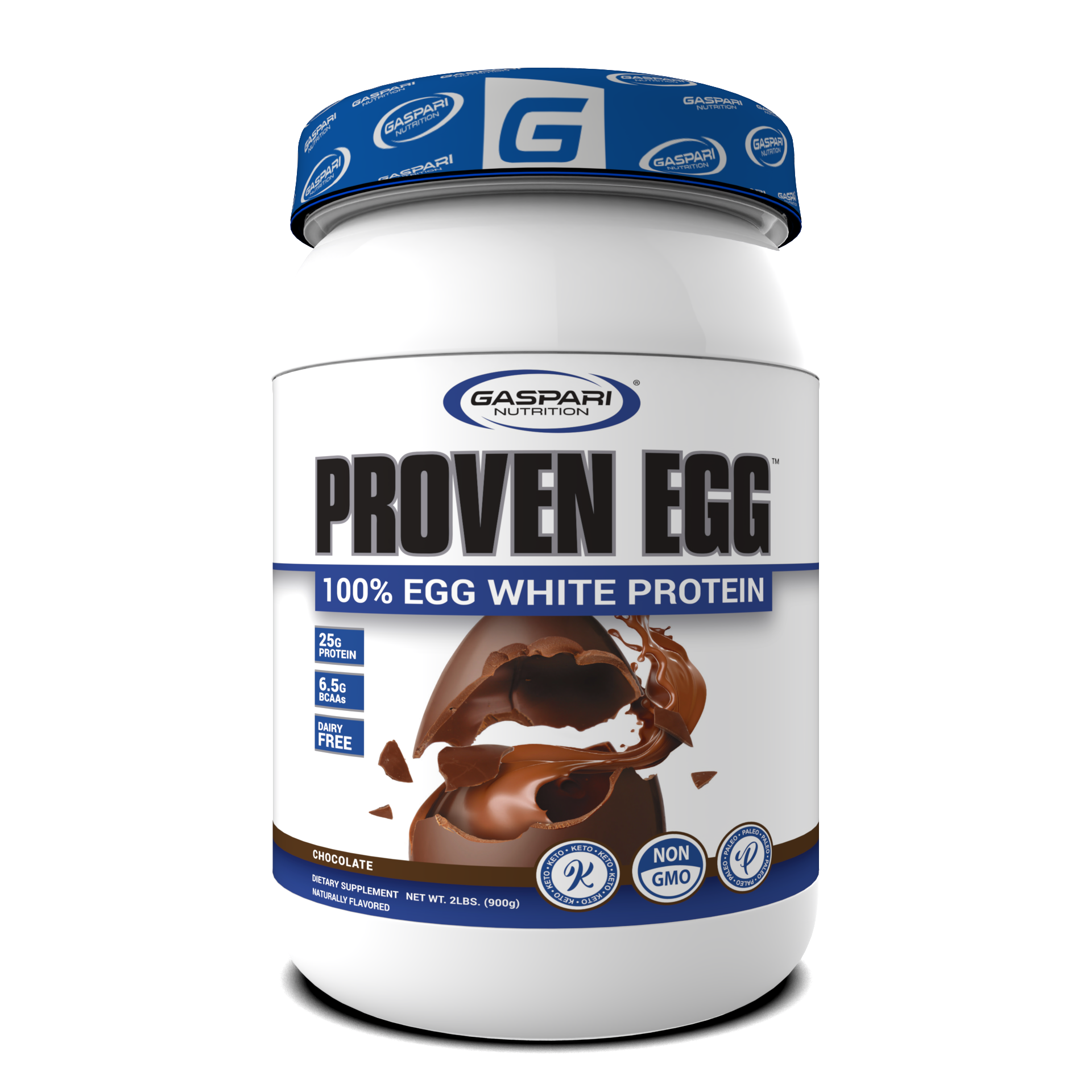



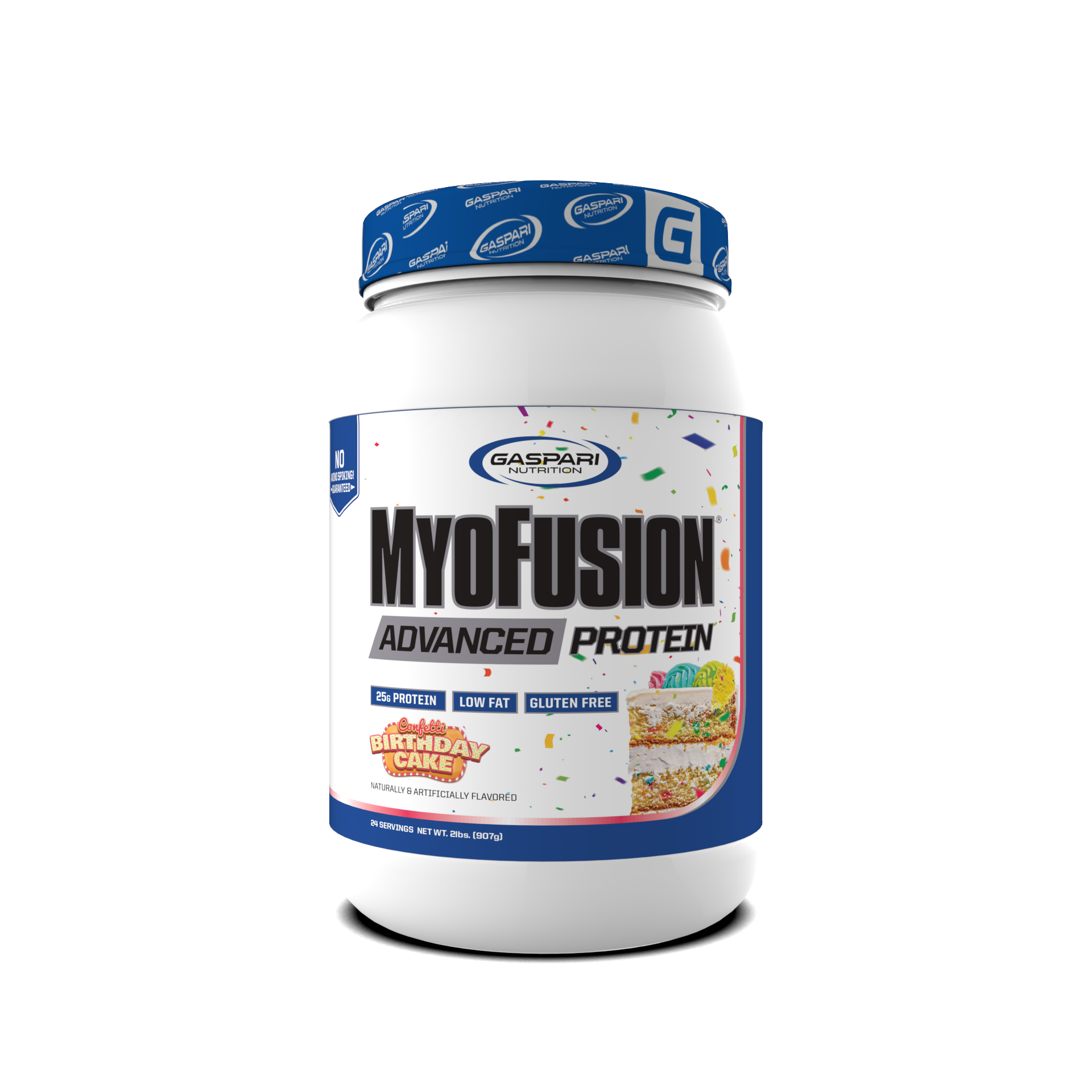



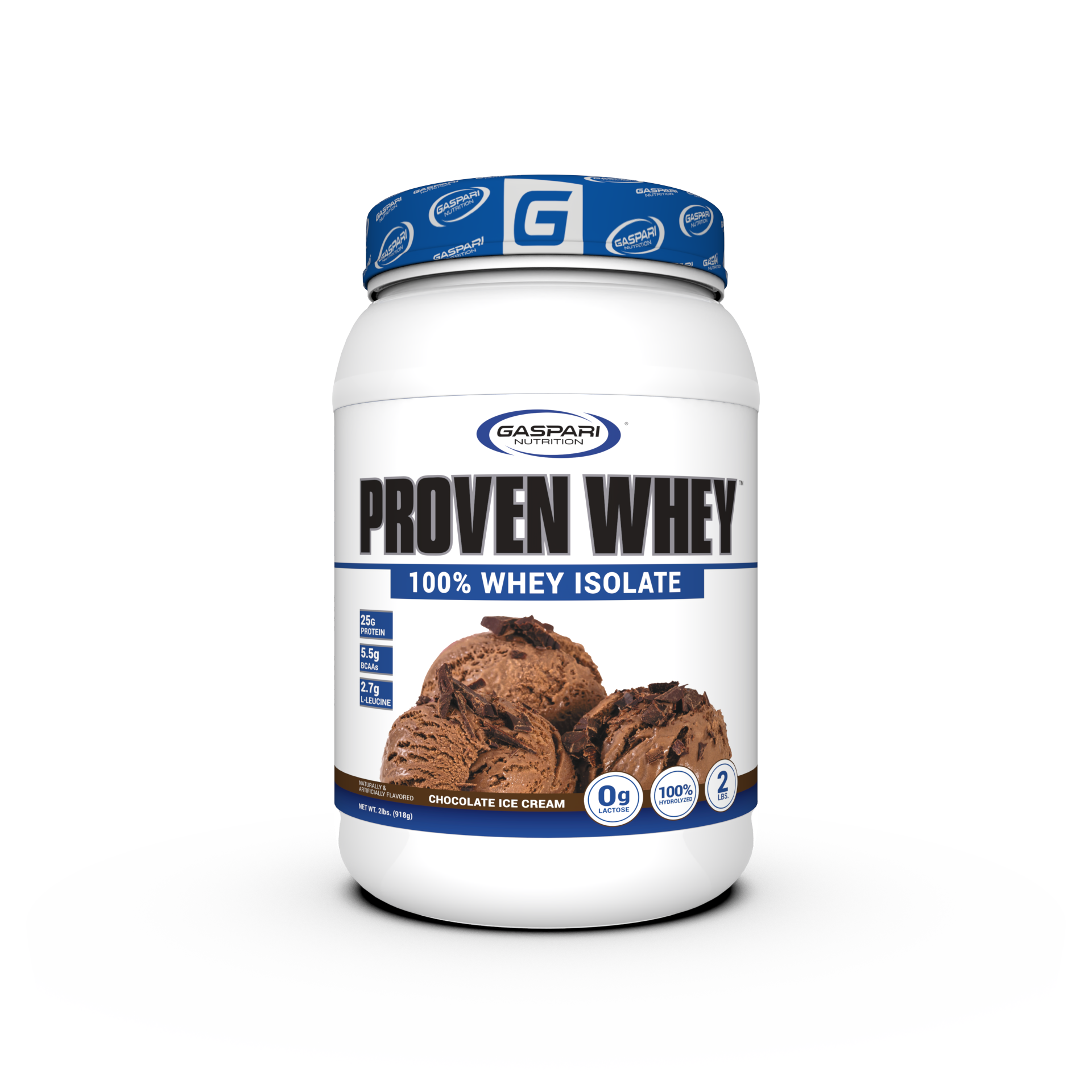




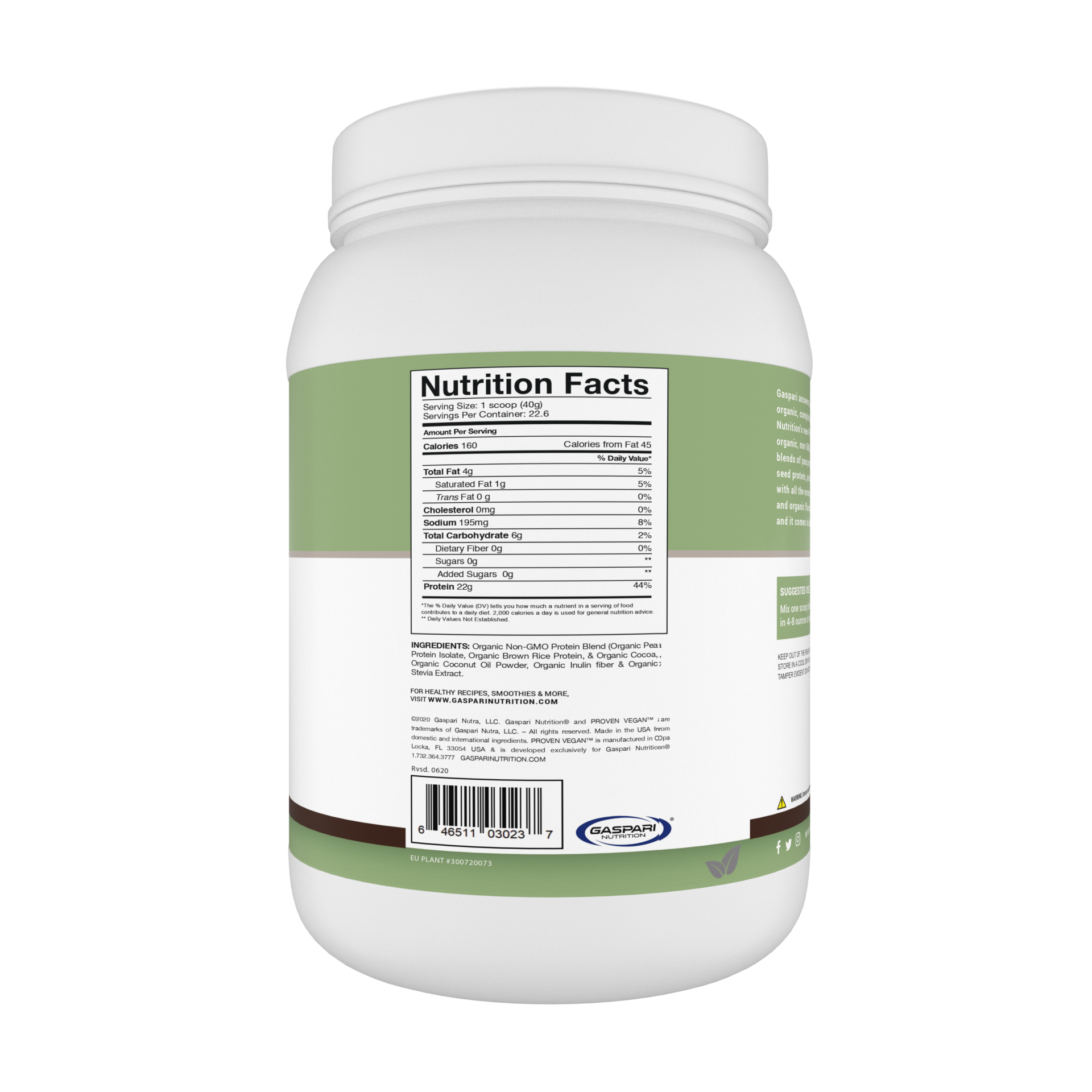






















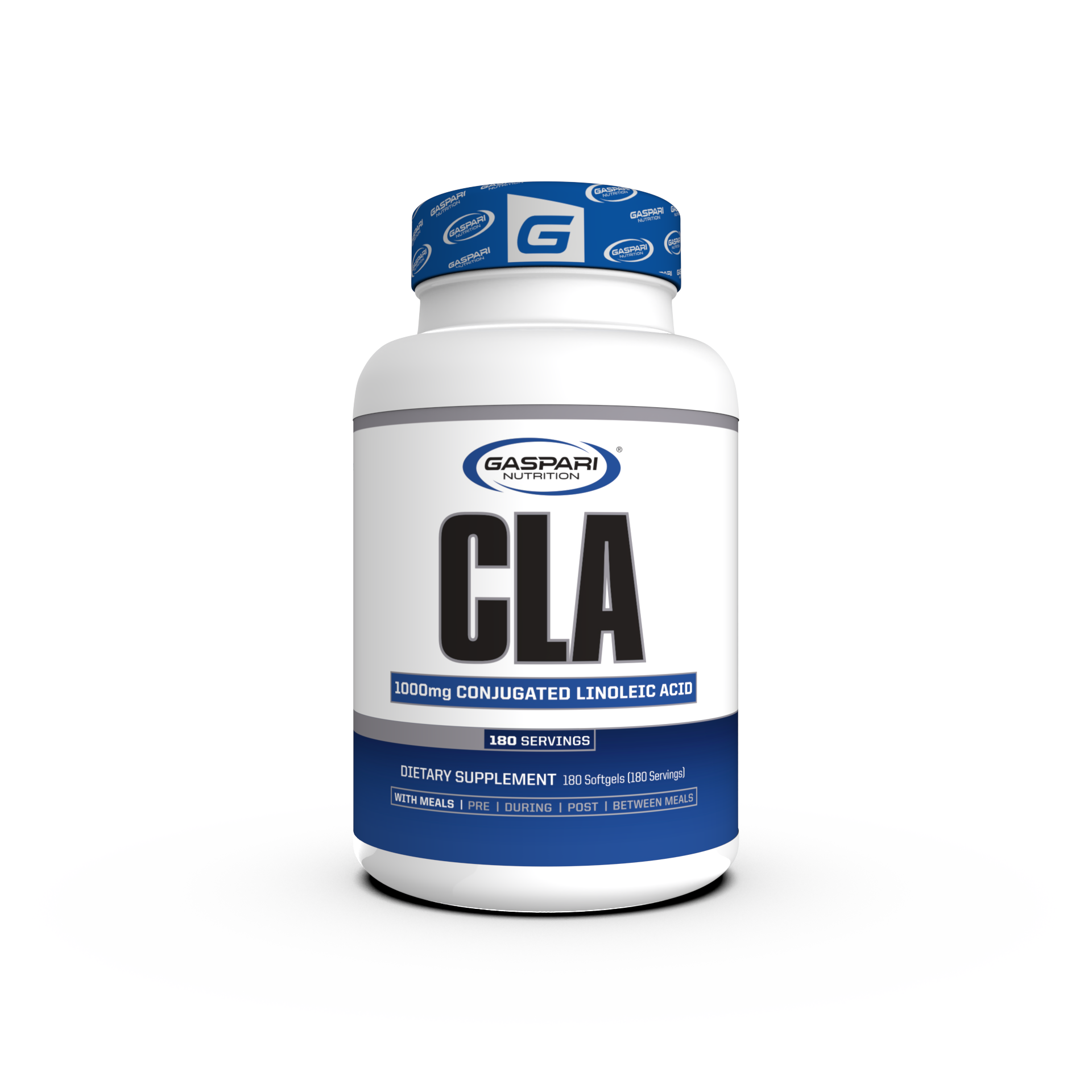



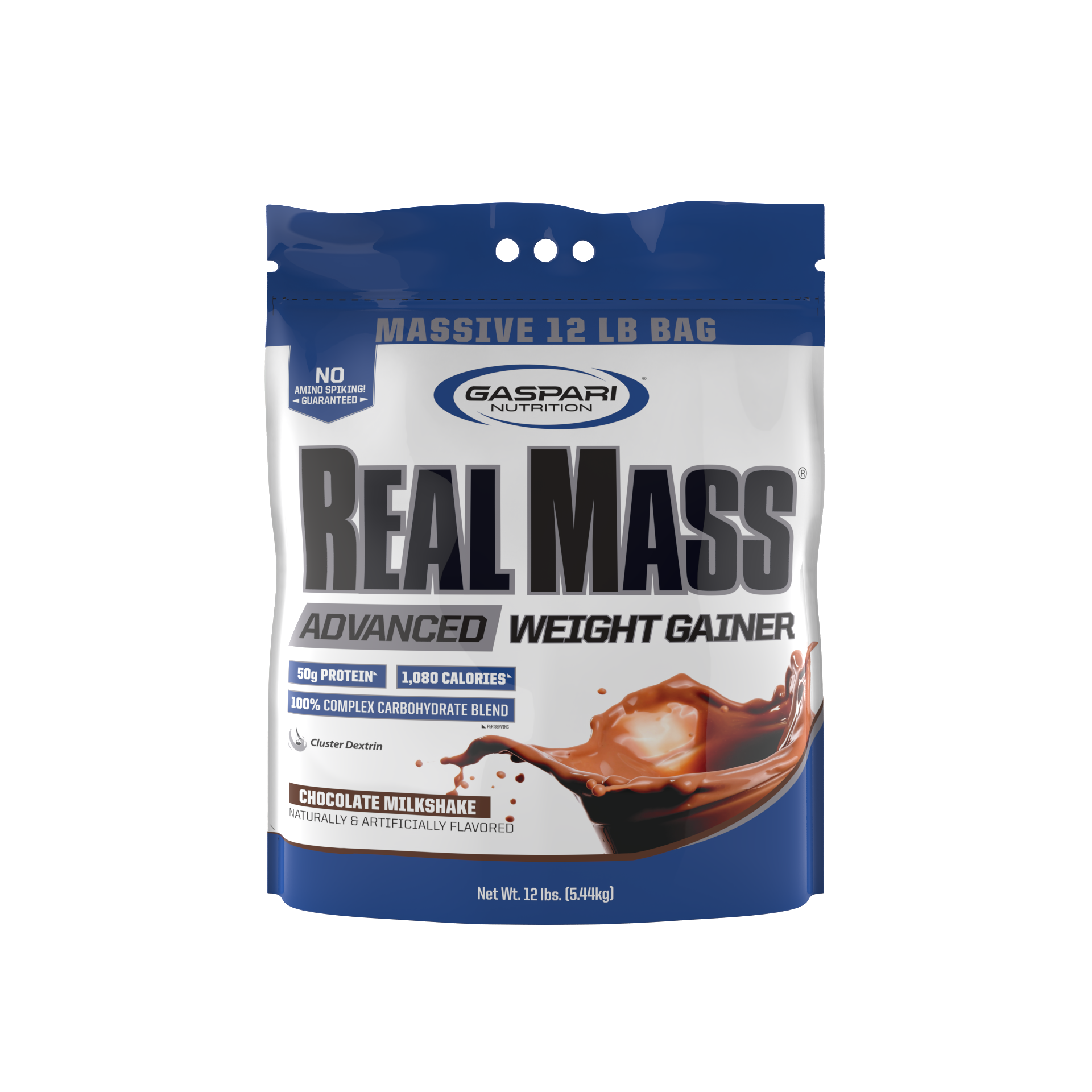











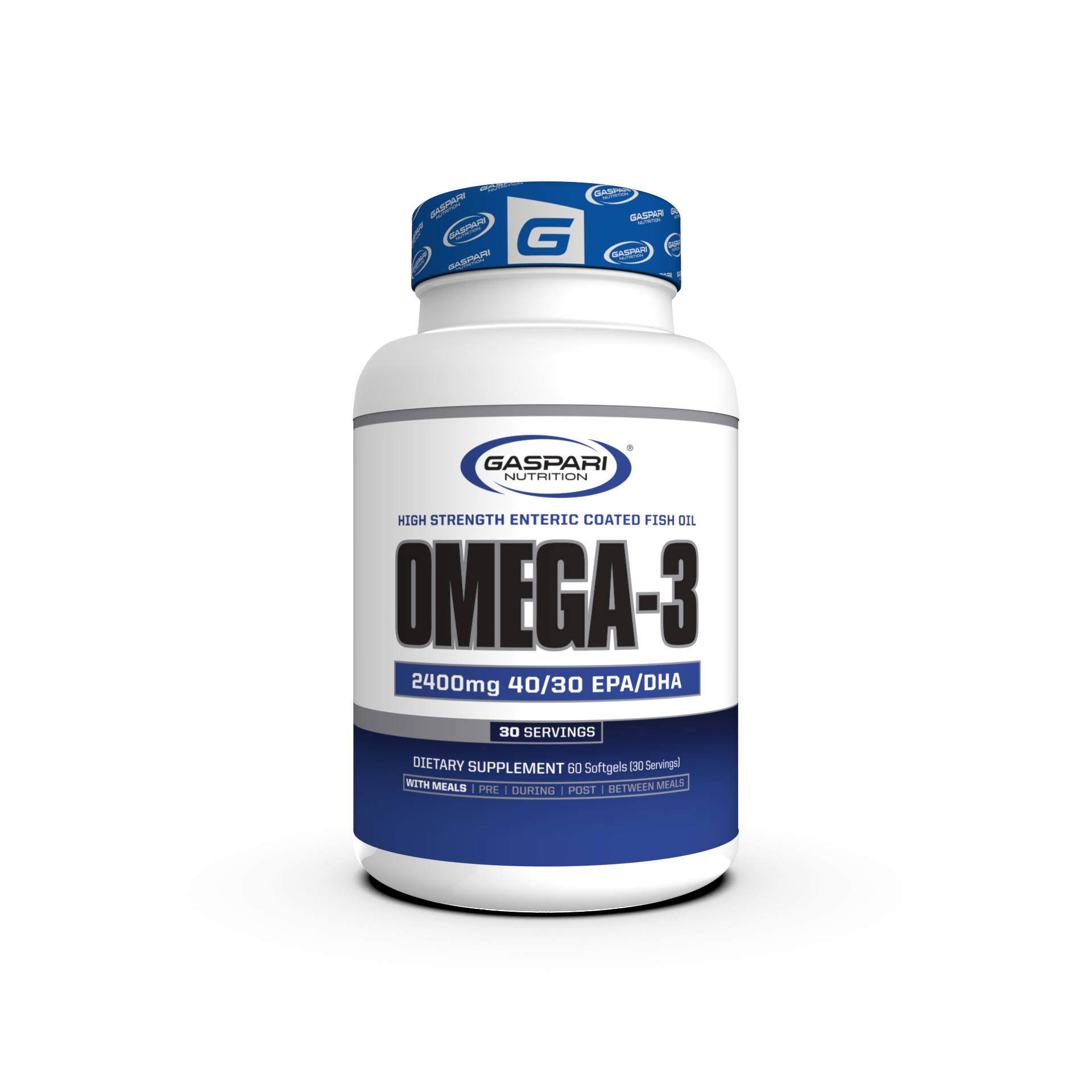



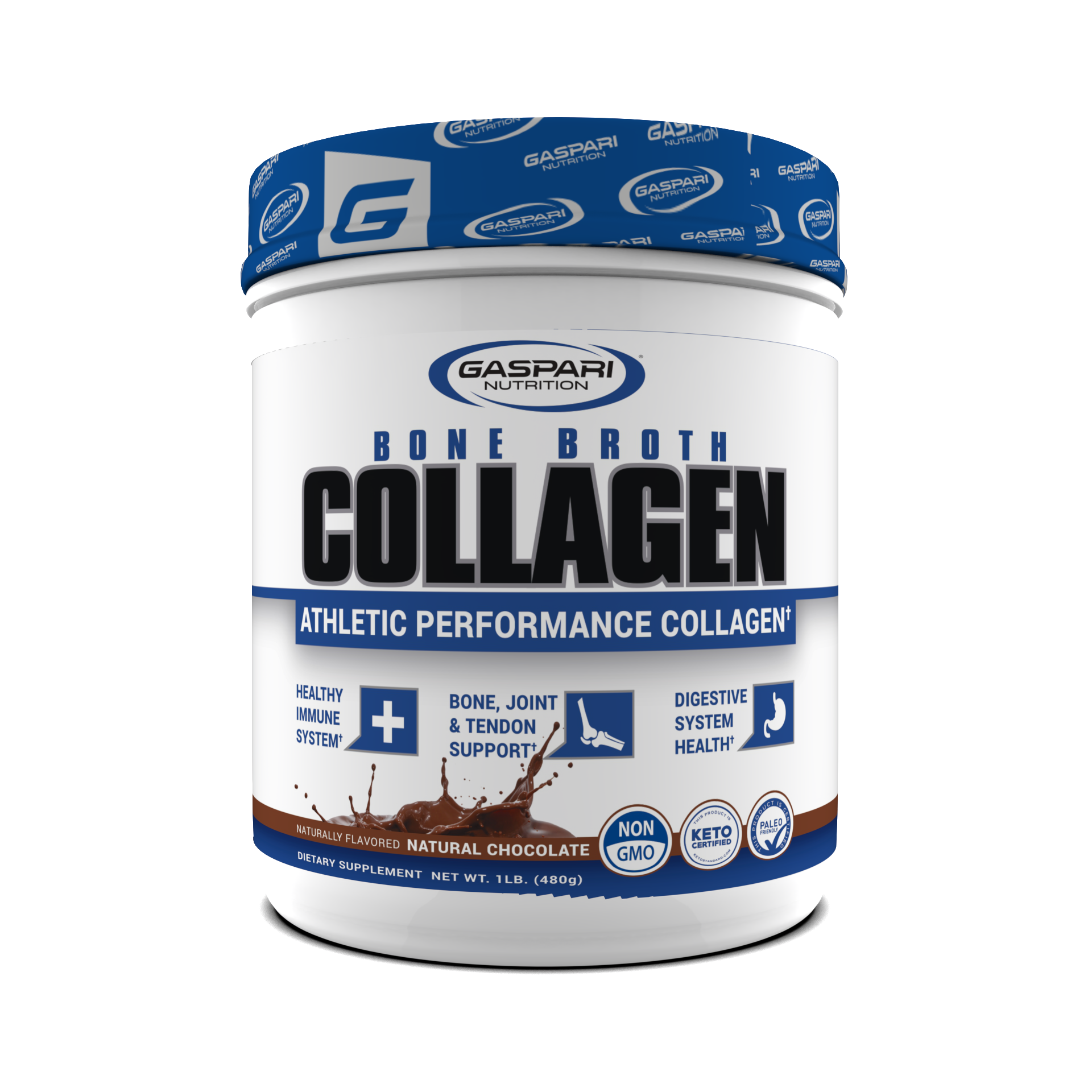



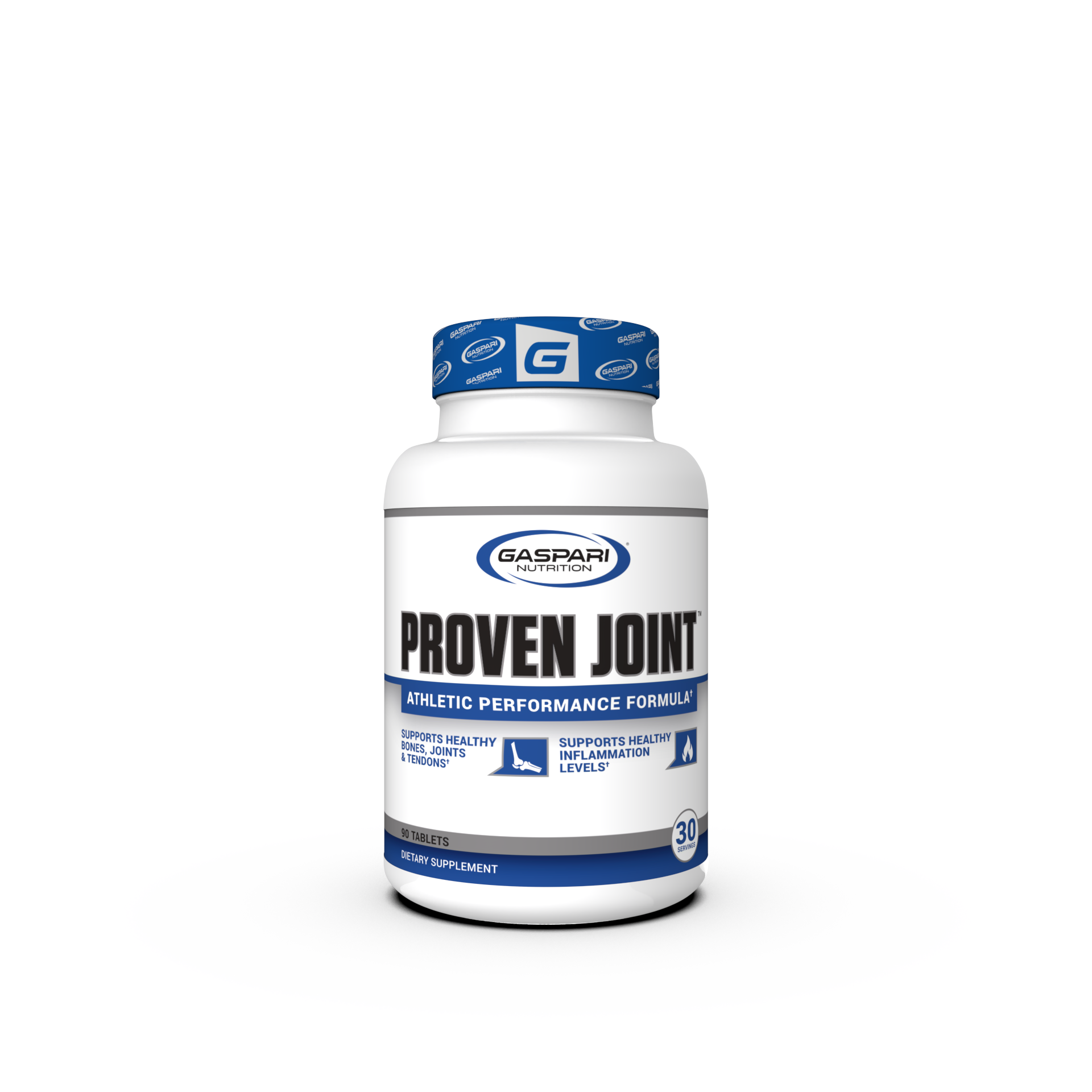








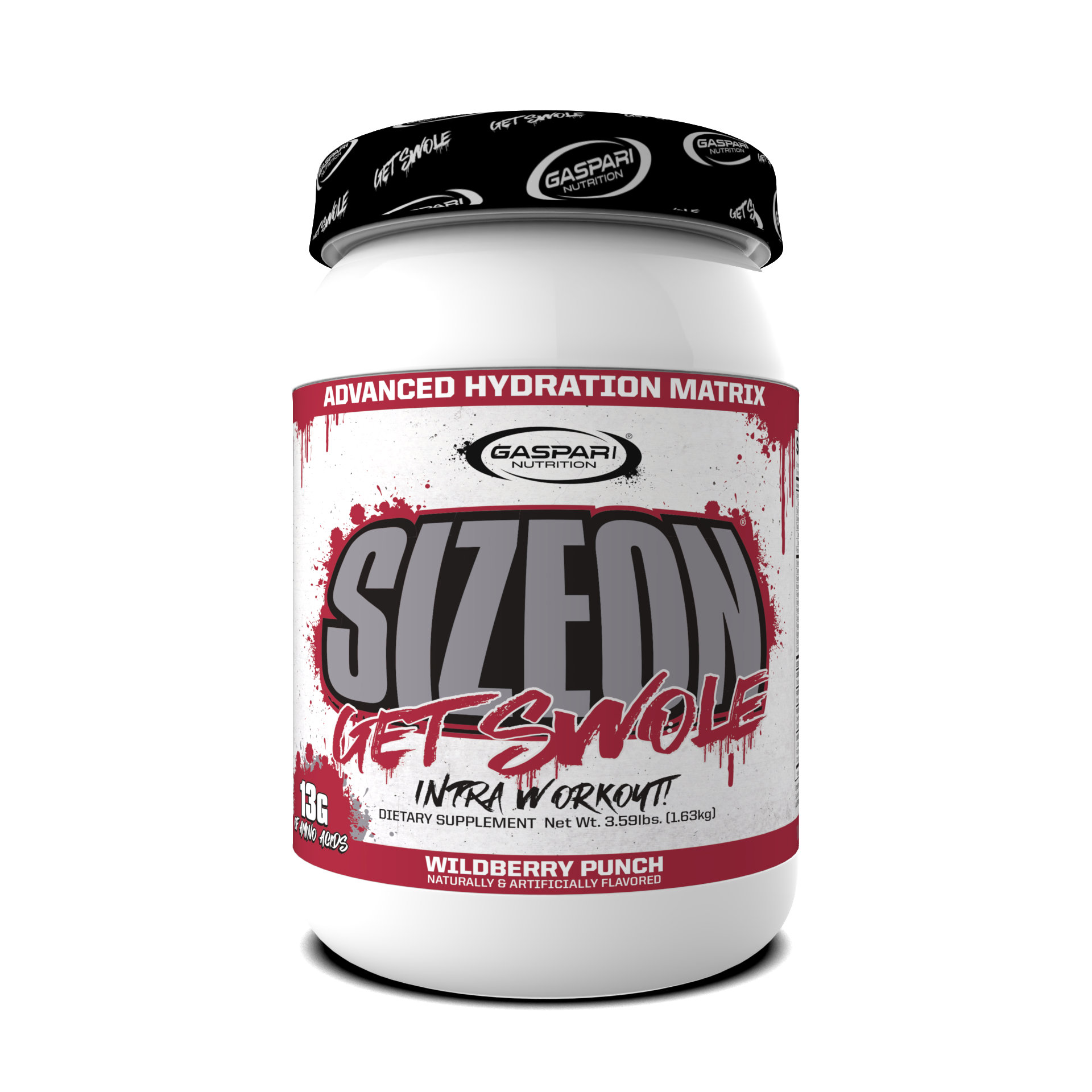


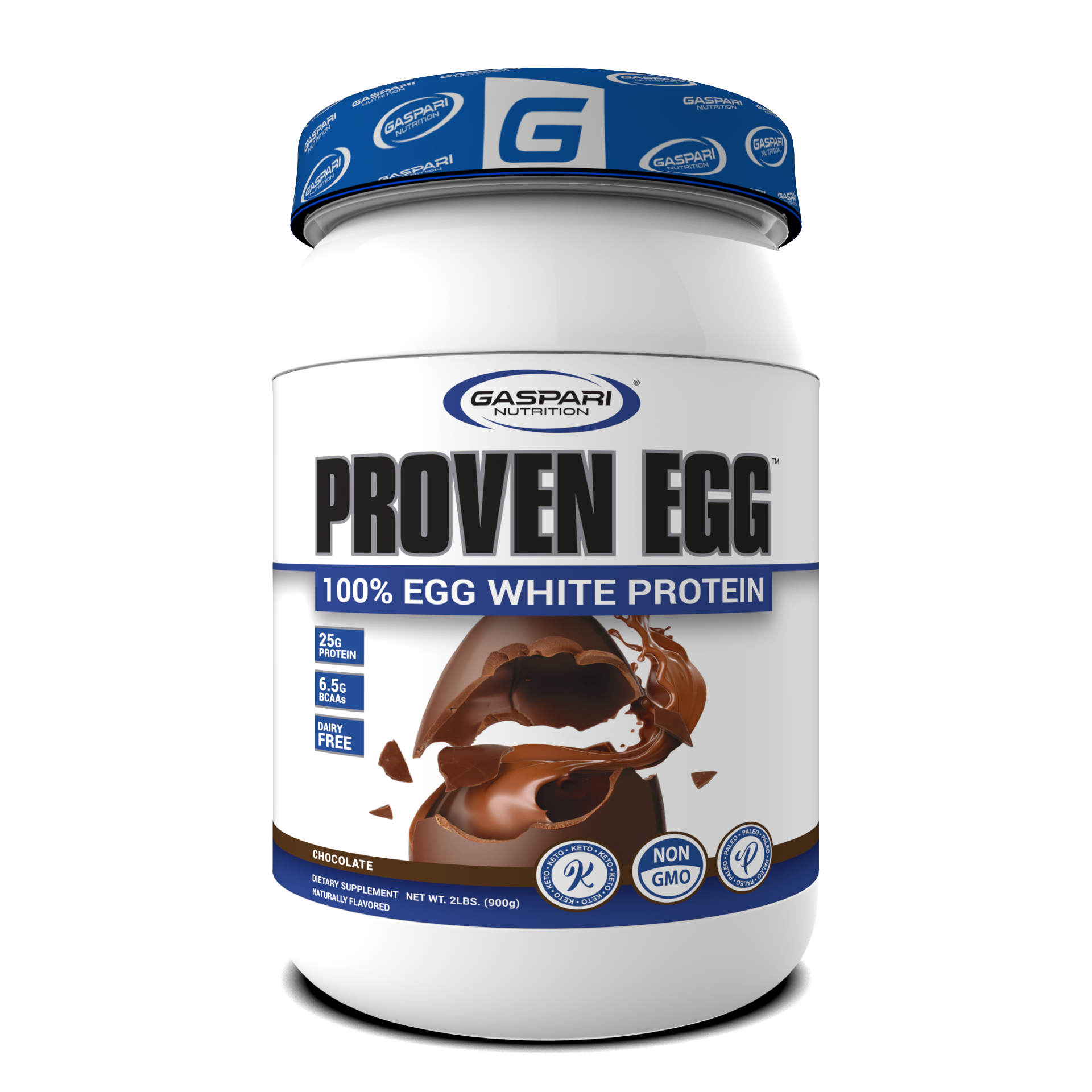

Share:
Are All Dietary Supplements Basically Snake Oil?
What Happens After We Lose